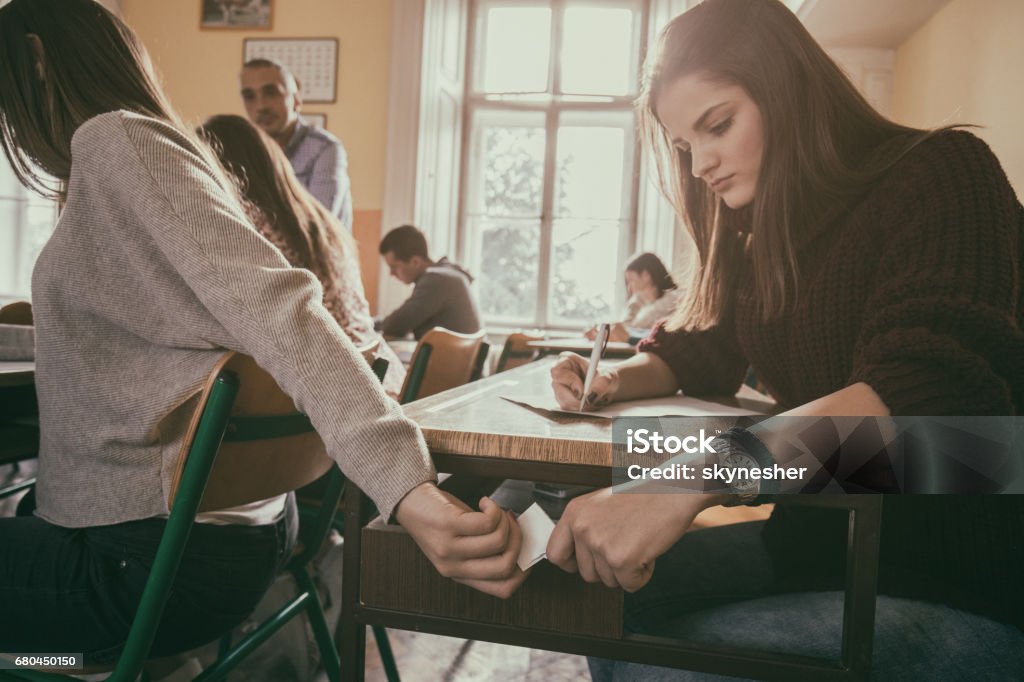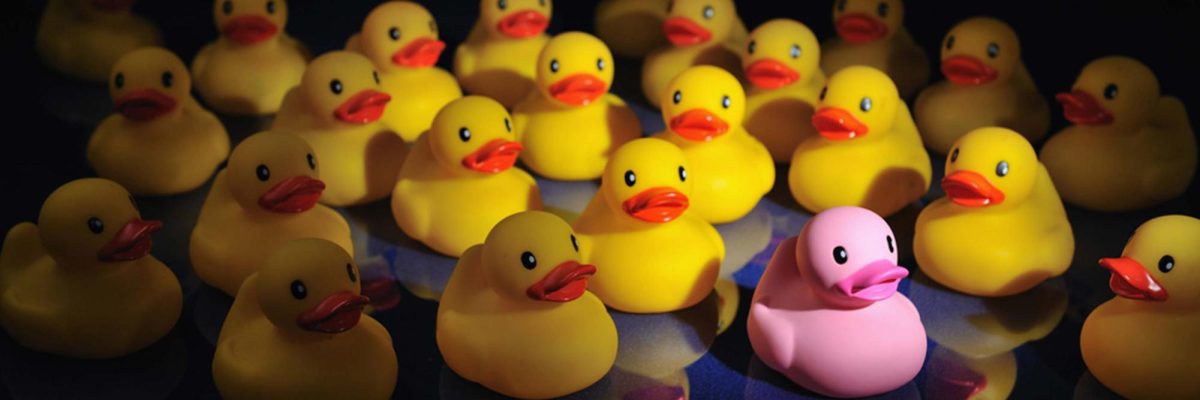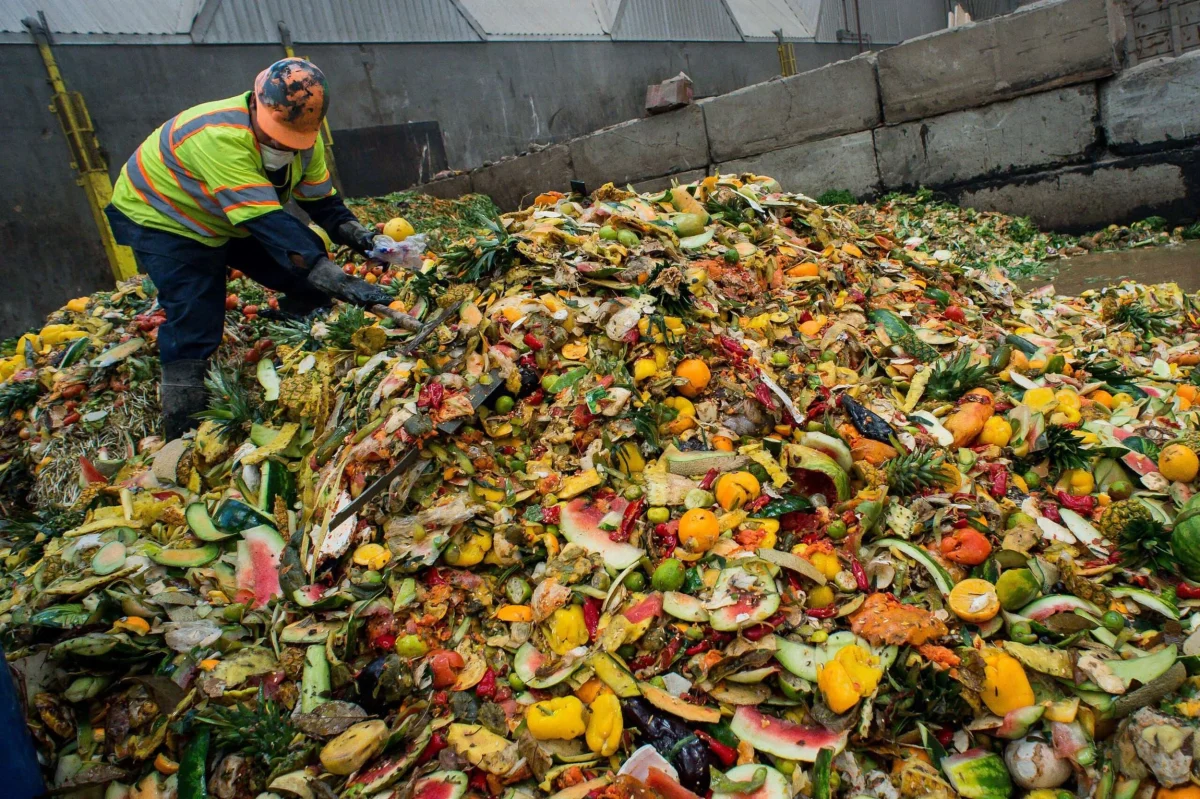
Now more than ever, students are constantly cheating on assignments due to the rise of AI (artificial intelligence) that immediately solves their math problems and writes their essays with the click of a button. Statistics show that more than 86% of all students in high school have cheated at least once in their life. Students also often rely on other students and put no effort into their work so that they can copy their friends, which requires no effort. But exactly how beneficial is it for you? It might be helpful in the short term, but have you ever considered the long-term consequences? The whole point of school is learning to read and write, and cheating erodes the foundation of personal development and academic integrity.

Cheating by depending on artificial intelligence doesn’t let you learn anything. It makes teachers worried that their students won’t be able to apply the skills they learn in class, and more advanced artificial intelligence makes it more difficult for teachers to differentiate a student’s work from ChatGPT (an AI system). The article information may also not be correct. The risk of being incorrect and scoring low on assignments isn’t worth the possibility that your laziness can lead to failure. Students may often feel that completing an assignment is a safe, easy, and reliable option, but how will it benefit them when they have tests and cannot cheat? Putting your grade at risk for additional gaming time isn’t a worthwhile exchange. Students may not realize it now, but their cheating and academic honesty are taken much more seriously in college. Getting caught could result in a suspension, expulsion, and even a revocation of scholarships. Even if AI is your temporary escape, you won’t be able to escape from having to pay for your actions later on.

Additionally, another form of cheating that isn’t AI includes plagiarism. Whether it’s your friends or copied from the internet, this proves your academic dishonesty and inability to do your work, having to rely on others. It takes away the value of hard work and honesty and is also hard to get away with. Plagiarism has many consequences, such as taking one’s work and claiming it as your own, and some punishments are more intense than others. It can destroy your reputation as a student and your academic reputation because future teachers and professors will have a hard time trusting if your work is stolen or your own, not just in the academic world but also in the real world, where people will hesitate to associate themselves with you out of fear.
There are also many legal consequences if someone else’s work is used without proper citation and credit, and some plagiarism can even be taken to prison. In an interview with Kristi L. Mann, a high school teacher in Duncan, S.C., she expresses,” Students don’t consider copying homework to be cheating, I’ve discovered, because they “… were just borrowing the homework.” Whether students temporarily borrow a piece of homework from another student or copy it, cheating is cheating, and there is a difference between drawing inspiration from another person’s work and fooling it word for word.
Overall, cheating is wrong in and out of school, and risking your reputation and grades isn’t worth a single assignment you were too lazy to do. It’s much easier to properly prepare yourself for a test instead of worrying whether or not the teacher will catch you cheating. It can lead to severe consequences, lack of knowledge, and putting your future opportunities at risk.







